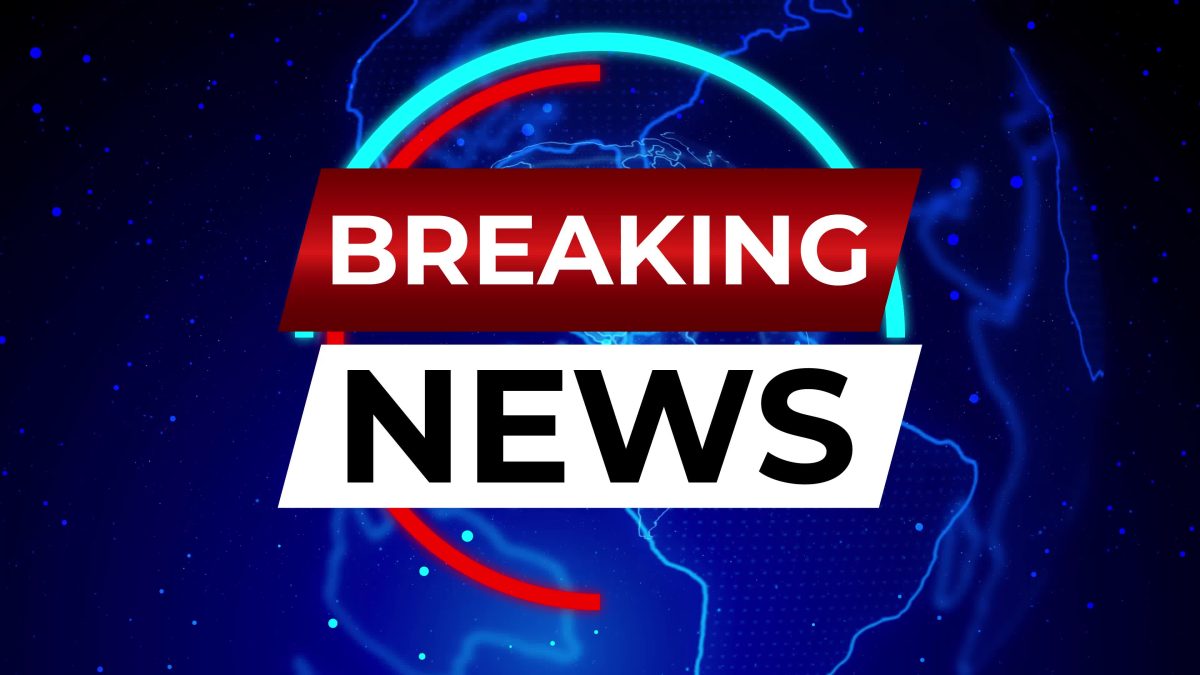The Chief Executive Officers (CEOs) of two Indian airlines, Air India and Akasa Air, are at odds over the poaching of pilots.
Akasa Air’s CEO has accused Air India of breaching regulations by enticing its pilots away.
In response, Air India has raised concerns that such actions could potentially violate competition laws by suggesting collusion to prevent pilots from changing jobs.
The conflict reveals the increasing competition in India’s aviation market, driven by a strong rebound in air travel after the pandemic and a surge in new aircraft orders, which has led to a pilot shortage.
The exchange between the chief executives of the airlines, Campbell Wilson of Air India and Vinay Dube of low-cost airline Akasa, was detailed in a letter dated September 21, seen by news agency Reuters.
The letter was written by Air India CEO Campbell Wilson.
The letter came after a phone conversation between the two executives and a previous missive from Dube expressing concerns about the Tata Group, the owner of Air India.
War of words
Air India’s response to Akasa’s accusations was that government rules mandating a notice period of six to twelve months for pilots were “not currently enforceable.”
Wilson also told his counterpart Dube that Akasa itself had “previously engaged in similar actions” by poaching pilots from Tata Group’s budget carrier, Air India Express, and other airlines.
“It was a little surprising to us that Akasa now found the practice objectionable,” Wilson wrote in the letter, as detailed in the Reuters report.
Akasa did not comment on its communication with Air India but stated that the pilot exit issue was “now behind us,” and they are focused on growth. Air India and Akasa’s CEOs have not yet publicly commented on the matter.
This dispute occurs as Air India is in the midst of a hiring spree, with its subsidiary, Air India Express, aiming to expand its fleet to 170 aircraft over the next five years. Akasa recently lost approximately 10 per cent of its 450 pilots in a short period, with some joining Air India Express without completing their notice periods.
Akasa has expressed concerns about the pilot resignations and sued some of the pilots and the aviation regulator, but the lawsuits are still pending.
Meanwhile, Wilson said he had “cautioned” Vinay Dube during their telephone call that asking a competitor to collude in curbing employees’ rights to switch employers “could be construed as potentially a contravention of competition law”.
“I regret that you interpreted my courtesy of taking your call and listening to your request as assent,” he added.
It may be noted that the Federation of Indian Pilots has noted the mass resignations at Akasa as a sign of employee discontent, while India’s aviation regulator has indicated it cannot interfere in employment contract matters.
Akasa, a new entrant in the Indian aviation scene, began operations in 2022 and holds a 4 per cent market share, competing with established players like IndiGo and Tata Group’s airlines.
